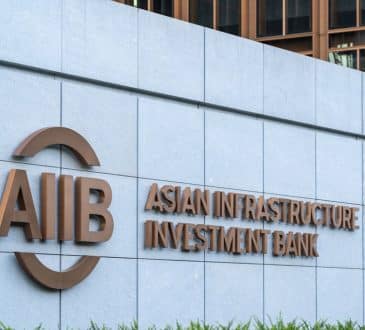What To Consider While Choosing Your Ph.D. Supervisor

Lately, I hear a lot of prospective Ph.D. students complaining about uncooperative supervisors. In the beginning, I used to understate these complaints thinking that these are very infrequent but gradually realized that having a bad supervisor is quite common. Now ‘bad’ is a relative term; it is not necessary that the supervisor is necessarily unhelpful or arrogant. It may be the case that you hadn’t thought through before seeking supervision and a conflict has emerged.
There is no standard formula to avoid getting into such conflicts. In fact, despite all the fact-checking, you may still go wrong. That being said, there are a few general suggestions that can be made to ensure that you choose the right supervisor for yourself.
Here are 5 things that can make it easier for you:
- Do a thorough background check
Now that you know which area interests you and makes you want to investigate you should go on the supervisor hunt. The first rule is to identify the department of the university that offers a Ph.D. in the interested area. Once you have zeroed in the department, you should run a quick check on the faculty members who can be your potential supervisors. Do a background check on these faculty members; you can read their resumes or visit their LinkedIn profiles to know more about them. Only after you have done this part, you should arrange for an audience with the faculty member. - Audience with the potential supervisor(s)
Unless there are options you will have a couple of names to consider. You should reach out to them and schedule an audience with them. Make sure you have your list of questions and concerns with you before every interview. Ask them about their preferred areas, tell them about your proposed area of research, ask about their take on the same and how they would suggest going forward with it. The idea is to know them face-to-face. A face-to-face interview will also give you a chance to identify their attitudes and general tendencies. - Talk to an outsider
It may take a couple of interviews before you decide on a potential supervisor. However, meanwhile, you should also take a second opinion from an outsider. The best example would be those who are already working under the concerned supervisor. You should reach out to them, ask them for their feedback on the supervisor, and then consider your judgment. You should also ask around other faculty members so that you can develop a fair idea about the professional profile of the potential supervisor in mind. - Supervisor’s take on working
One of the major concerns is that many supervisors do not take the personal life of the students seriously. Many students complain of the “my way or highway” attitude of the supervisors that results in a tight work schedule, exhaustion, fewer day-offs, and excessive criticism. It is generally a red flag when a supervisor suggests that there are no weekends for Ph.D. scholars; I have heard of so many who say that, and that really is unacceptable. PhD-level research is energy-intensive and students deserve some time off to replenish. Therefore, it is advised that you figure out how your potential supervisors work. - A support system
You may think the relationship between a Ph.D. scholar and a supervisor is time-bound and necessarily ends with the completion of the Ph.D. But, such is not always the case. Any supervisor you choose should be more than just a university-appointed mentor who guides the process of thesis-making. He has the moral and professional responsibility to help you excel in your area. Good supervisors are always ready to lend a hand and help their mentees in several matters such as writing recommendations for projects or suggesting to mentees about conferences. Moreover, who you work with will affect your career. If your supervisor is good at what he does, then the industry will acknowledge it. So, always be mindful that the formal communication between you and the supervisor may terminate but the influence remains as long as your career lasts.
Add CEOWORLD magazine to your Google News feed.
Follow CEOWORLD magazine headlines on: Google News, LinkedIn, Twitter, and Facebook.
Copyright 2024 The CEOWORLD magazine. All rights reserved. This material (and any extract from it) must not be copied, redistributed or placed on any website, without CEOWORLD magazine' prior written consent. For media queries, please contact: info@ceoworld.biz









